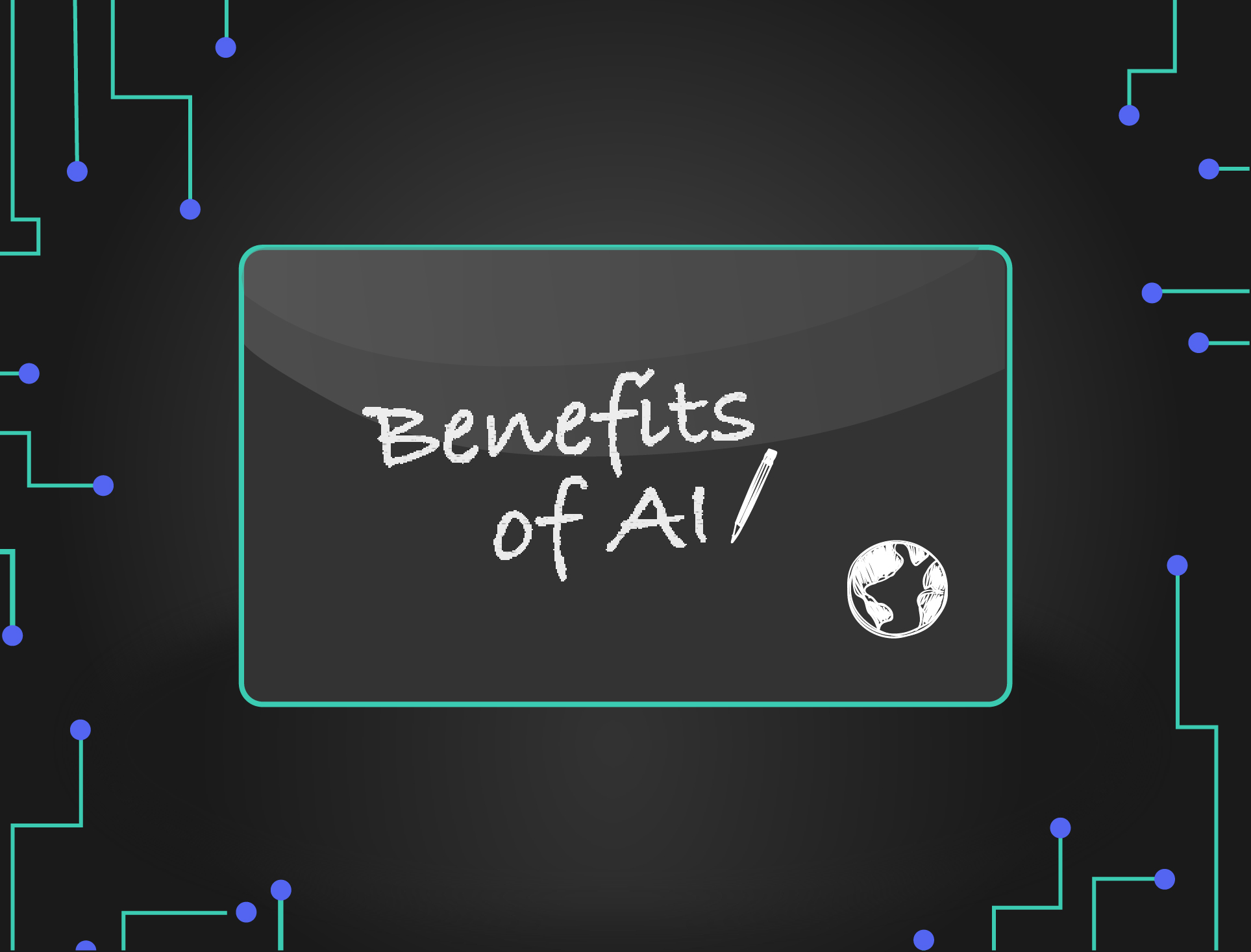45 Powerful Benefits of AI Revolutionizing Children's Education

The education sector is experiencing a dynamic transformation, with Artificial Intelligence (AI) emerging as a powerful tool to reshape learning experiences for children of all ages. By leveraging AI's capabilities, educators can create personalized learning environments, address individual needs, and empower students to become active participants in their educational journeys. Let's delve into 45 compelling benefits of AI in children's education:
Personalized Learning
Tailors instruction to individual needs and learning styles, ensuring optimal engagement and understanding.
Adaptive Learning
Adapts to a child's progress in real-time, addressing specific strengths and weaknesses for continuous learning.
Automated Feedback and Assessment
Provides immediate and personalized feedback, allowing children to self-correct and foster a sense of ownership.
Engaging and Interactive Learning
Creates gamified experiences, making learning fun and motivating children to explore new concepts.
24/7 Accessibility and Support
Enables learning at any pace and convenience, empowering children to revisit challenging topics.
Early Identification of Learning Difficulties
Analyzes data to identify difficulties early, allowing for timely intervention and personalized support.
Language Learning Support
Personalizes language learning, providing tailored exercises, pronunciation practice, and feedback in target languages.
Support for Children with Disabilities
Offers personalized learning experiences and support, catering to specific needs and promoting inclusivity.
Fostering Creativity and Critical Thinking
Creates open-ended learning environments, encouraging exploration, experimentation, and critical thinking skills.
Encouraging Collaboration and Communication
Facilitates collaborative learning activities, fostering communication and teamwork skills.
Building Self-Confidence and Motivation
Provides personalized feedback and celebrates achievements, promoting self-confidence and intrinsic motivation.
Efficient Learning Management
Automates administrative tasks like grading and record-keeping, freeing up educators' time for personalized instruction.
Data-Driven Insights for Educators
Analyzes data on student performance to provide valuable insights into individual needs and overall class progress.
Supporting Teachers in the Classroom
Acts as a valuable assistant, providing resources, generating personalized learning materials, and offering insights into student progress.
Preparing Children for the Future
Equips children with the skills and knowledge to thrive in an AI-driven world.
Developing Cultural Awareness and Global Citizenship
Connects children with diverse cultures and perspectives, fostering global awareness and understanding.
Promoting Self-Directed Learning
Encourages children to take ownership of their learning journeys, developing essential self-directed learning skills.
Providing Culturally Responsive Education
Personalizes learning experiences to cater to different cultural backgrounds and learning styles, promoting inclusivity and equity.
Encouraging Curiosity and a Growth Mindset
Creates engaging experiences that spark curiosity and foster a growth mindset, encouraging children to embrace challenges and persevere in learning.
Accessibility in Remote Locations
Bridges the educational gap by providing quality education opportunities for children regardless of geographical barriers.
Enhancing Parent-Teacher Communication
Facilitates communication by providing real-time insights into student progress and learning goals.
Personalized Learning Plans
Generates individualized learning plans based on student data, ensuring targeted instruction and maximizing learning potential.
Differentiated Instruction
Enables educators to differentiate instruction by providing diverse learning materials and activities catering to varied learning styles and paces.
Real-time Progress Tracking
Offers immediate visibility into student progress, allowing educators to adapt instruction and identify areas needing support.
Personalized Feedback for Teachers
Provides educators with personalized feedback on their teaching strategies based on student performance data.
Automated Progress Reports
Generates automated progress reports, saving teachers time and allowing parents to stay informed about their children's learning.
Promoting Early Literacy Skills
Engages young children in interactive learning experiences that develop essential pre-reading and literacy skills.
Supporting Students with Special Needs
Provides tailored learning experiences and support for students with diverse learning needs, promoting inclusivity and ensuring all students can succeed.
Encouraging Metacognition
Helps students develop metacognition skills by fostering self-reflection on their learning process and progress.
Promoting Student Agency
Empowers students to take ownership of their learning and make informed choices about their educational journeys.
AI-powered Tutors
Provides personalized tutoring experiences for students, offering additional support and guidance beyond the classroom.
Immersive Learning Experiences
Creates immersive learning experiences through technologies like VR and AR, enhancing engagement and knowledge retention
AI-driven Curriculum Development
Utilizes AI to analyze student data and learning trends to inform and personalize curriculum development.
Predictive Learning Analytics
Analyzes student data to predict potential learning difficulties and areas for improvement, enabling proactive intervention.
Personalized Career Guidance
Uses AI to assess student strengths, interests, and skills, providing personalized career guidance and exploration opportunities.
Automated Content Review and Correction
Automates the review and correction of student work, providing quicker feedback and reducing teacher workload.
Adaptive Learning Games and Simulations
It develops adaptive learning games and simulations that cater to individual learning styles and adjust in difficulty based on student performance.
AI-powered Assistive Technologies
Provides AI-powered assistive technologies to support students with disabilities, promoting accessibility and participation in learning activities.
Virtual Field Trips and Cultural Experiences
Enables virtual field trips and cultural experiences, broadening students' understanding of the world and diverse perspectives.
Automated Language Translation
Provides real-time language translation support, facilitating communication and learning for multilingual students.
Personalized Learning Pathways
Creates personalized learning pathways based on individual student goals, interests, and learning paces.
AI-powered Progress Monitoring and Goal Setting
Utilizes AI to monitor student progress in real-time and assist in setting personalized learning goals.
Fostering Social-Emotional Learning
Incorporates AI tools to foster social-emotional learning, helping children develop emotional intelligence and positive social skills.
Automated Bias Detection and Mitigation
AI can be used to analyze learning materials and identify potential biases in content, language, or representation. This allows educators to curate more inclusive learning experiences and promote critical thinking skills in children to recognize and challenge biases they encounter.
Art and Music Generation
Create AI-assisted art projects where children can input basic ideas or themes and collaborate with AI to generate unique artwork. Similarly, AI can compose musical pieces based on a child's preferences or even help them learn a new instrument by providing personalized practice exercises.
By incorporating these advanced benefits, AI has the potential to revolutionize the educational landscape, creating personalized, engaging, and effective learning experiences that empower children to thrive in the 21st century.
